Lesley Little was told by one of her teachers at school in Inverness that she couldn’t expect to make a living from reading and writing books.
So she came to Aberdeen and chose a business studies degree at university rather than pursuing her interest in English literature.
The passion never deserted her
Lesley went on to have a “fantastic career working in football and coach education”, but her passion for words and dreaming up fictional tales never deserted her.
And now, the grandmother-of-four has won the Granite Noir short story competition with her psychological thriller The Risotto.
Lesley told the Press & Journal she was thrilled about her success, but nearly didn’t submit her story and kept it a secret from her husband, Hugh.
She said: “I saw the competition advertised in the Granite Noir brochure and just thought I would have a go. I’m not even sure I thought about sending it in, I just thought I would write something and see if it worked.
The tension heats up with the risotto
“I wanted my story to be a conversation and I came up with the idea of telling it within the period of cooking a risotto.
“I hoped to use the pace and stages of the cooking method to illustrate the building heat and tension.”
Lesley wound down full-time work in 2016 when her first granddaughter was born and has loved the last nine years being a grandma to Emily, Sophie, Ellie and Aiden.
But she remains enthralled with literature and admitted it’s maybe time she revisited her “first love” and begin the career she originally dreamed about.
‘I had the backing of so many people’
She said: “I have the most incredible cheerleaders in my husband, my children, my mum, my sister and my wonderful friends and so, when I shared the news with my select few, I was overcome by their support.
“I’m not the most confident person when it comes to my creative ability and so winning the competition has been such a validation that maybe, just maybe, I can do this.
“I made a secret promise to myself that, if I did well, I would focus more seriously on my writing and so I really hope there is a new career blooming for me.”
As a voracious reader and aficionado of Agatha Christie and Daphne du Maurier, Lesley has been thrilled by the rise in popularity of Granite Noir.
And it sounds as if there could be another pair of budding authors in her own family.
We loved being at the event
She said: “As a fan of her writing, I really enjoyed Paula Hawkins’ conversation about her new book and, of course, I went to see Poirot in Murder on the Orient Express.
“But my favourite event was taking my eldest granddaughters, Emily and Sophie, to meet Alice Hemming at The Central Library.
“She told them about her books The Leaf Thief and The Snow Thief and both girls came away having made their own little detective books.”
Lesley is now considering the next stage in her literary ambitions.
As she said: “I would love to have my story published and perhaps that is my first job to find a route to get my work out to the wider reading world.”
The Risotto got her creative juices flowing. And it’s obvious that she wants to add other dishes to the menu.
Keep scrolling to read Lesley Little’s winning short story.
Winning short story: The Risotto– By Lesley Little
As the front door opens, she drags the wooden spoon across the base of the pan.
The melted butter is making the onion and celery a glossy yellow and they begin to soften. When she scatters in the thyme, a comforting smell begins to fill the small, clean kitchen.
“Something smells good.” He dips to kiss her chastely on the cheek.
“Are the police still out there?” She doesn’t turn to look at him but continues to slowly stir the glistening vegetables.
“No. They must have gone. Did they talk to you? What did you say?”
She doesn’t look up but takes half a step to her right to reach for the next ingredient. A selection of meticulously prepared mixed local mushrooms in a glass bowl.
Each one carefully brushed of any remnants of the forest floor, free from any black speck which might speak of freshness but would immediately ruin the dish were grit to meet the palate.
“They asked me how well I knew her. If I had heard or seen anything suspicious. It was pretty much what you would expect”
He takes off his jacket, the heat of the kitchen suddenly feels intense, and his shirt is damp on his skin.
“What did you tell them?”
She adds the mushrooms to the pan and gently combines them with the buttery base vegetables. The gentle motion of combining the earthy elements slows her racing mind and gives her something nurturing to focus upon.
“I told them that I didn’t know her that well. I told them that she and her husband had moved in about a year ago and that they seemed nice. Friendly, in that they would say good morning if they passed on the stairs. Neighbourly, in that they had taken a couple of parcels in for us that time we had to go to stay with your mother when she was ill. In many ways, I told them, they were the perfect neighbours as they pretty much kept themselves to themselves.” She pauses to reach for the rice.
Without yet acknowledging him with her eyes she continues. “They asked me if I was aware of any marital issues. If I had heard any arguments or had seen or heard anything that might indicate that all was not well in the home.”
As she pours the rice into the pan with a light toss of the spatula, the unctuous mushroom mixture is disrupted with spots of arborio, momentarily chaotic in the pan.
She carefully opens the bottle of white wine that she has taken from the fridge. She silently exhales after tasting the first crisp, clean note.
“I told them that you knew her much better than I did and that perhaps they should talk to you.”
She turns back to the stove and tosses the large glass of Pinot Grigio into the pan, letting the sizzle and steam take centre stage for that moment.
The sound takes hold of him suddenly and the noise from the hot pan somehow makes the heat of the kitchen more intense. She still does not turn to face him and the only body language available for him to read comes from the stillness of her head and the calm authority of her hands cooking the meal.
He takes a step back, hoping that increasing the distance between him and the heat will help compose his erratic thoughts.
“I told them that a couple of months ago she had come down to ask you about your decorating business and whether you would be available to paint their lounge. I told them that you had suggested ‘mates’ rates’ if she could be flexible with when you undertook the work and how you offered to go upstairs to look at the job and put together a quotation.”
She reaches for the ladle and pours in the first of the stock having watched the last of the wine evaporate as if it had never been there.
“I told them how you spent most evenings up there for a couple of weeks, taking advantage of when her husband was offshore to minimise disruption to their lives.”
She can’t see him but she’s aware of his discomfort, his silent motion shifting his weight from foot to foot.
“I said that you had told me how you felt a bit sorry for her being alone all that time while he worked on the rigs, and how she seemed pleased to have the company… even if it was just whilst you prepped the cornicing.”
He feels the need to interject, and he sounds more defensive than he means to as he blurts: “What the hell did you say that for?!”
For the first time she turns to face him.
“Because that’s what you said.” It’s a calm statement. There is no question in her tone.
There is a silence because he can add nothing to that. He had said that. “Idiot.” he thinks.
She decants the next ladle of stock across the pan and continues to conscientiously stir gently.
“What else did you tell them?” He hates that there is an urgency in his voice that he can’t hide, but he needs to know what she has said, needs to know what he needs to find an explanation for.
“I told them how happy they had been with your work and that she then asked you to paint the bedroom and how the last arrangement had worked so well that, once again, you kindly spent evenings upstairs working in the bedroom.”
More stock flows into the pan as the rice and mushrooms start to make sense of the earlier chaos and they thicken invitingly.
“It reminded me of their question about hearing any sounds that might suggest their marital state.”
The pause this time is not to agitate the pan but to agitate him. It works. Without moving to face him she senses his increasing unease.
“I told them how I had heard noises suggesting that their marriage was clearly very healthy.”
The innuendo is made with no humour, no upward lilt to her tone. And yet he lets out a laugh at the brazen remark. But his laugh is also without humour.
“If they’re asking about the marriage, they must suspect him then?” It is a reasonable question, but he worries he sounds like he’s fishing too desperately. “He always seemed a bit creepy to me?” It’s a question. He wants her to agree.
She ignores the pleading tone and pours the final ladle of stock into the pan. The rice grains are now pregnant with flavour. The mushrooms are dark and rich and the aroma enveloping the little kitchen is pungent and warm and earthy.
“He hasn’t lived there for weeks,” she whispers, letting the information sit heavily in the small, steamy room.
Eventually, with a slight turn, enough to acknowledge him but not to look at him, she says: “You didn’t know?” There is a taunting upward note to the innocent question.
It feels like a trap. If he answers too quickly, he could mis-speak, but if he takes too long it will look too calculated a reply. He’s not smart enough to dodge either danger and he trips on both.
“Eh, no, well, I didn’t think, em.” Words and sounds emerge unbid from his mouth which seems to have lost all communication with his brain. His brain has gone into fight or flight mode and yet seems incapable of signalling any part of his body to do either. He is paralysed. Guilt has suffused him. Loss drowns him.
She turns off the stove, extinguishing the blue flame below the pan. She senses but refuses to see his silent tears. Gently she sprinkles parmesan across the pan and marvels at how adding butter and confidently beating the final ingredients together, the dish has been given an inviting gloss and lustre.
She puts the stainless-steel lid on the pan, allowing the ingredients to rest. She has painstakingly prepared and nurtured this meal, it must not be served until she is ready.
She finally turns to face him, and he sees that she looks cool despite the heat of the kitchen. Her eyes are cold and accusing. She is disgusted by his collapse. He is pathetic to her.
There is a knock at the door. He startles like a frightened cat.
“They’re here for you.” She looks into his eyes and sees his fear.
“Did you know she was pregnant?” Each word from her lips is clear and enunciated.
And there it is. The reaction she wants. He wilts like a candle burned to its end. Disbelieving and yet believing. He makes no sound and yet his eyes scream like a broken heart in this soundless room.
She walks past him and opens the door to the waiting police officers. There is no fight in the shell of a man they remove from the kitchen floor.
She goes to the bathroom and washes her hands as if to remove the last of the filth from around her.
Returning to the kitchen she removes the lid from the pan and spoons some of the contents into a single bowl she has warmed for the purpose. In all honesty much of her appetite has gone, but she knows she must eat. She places a protective hand over her slight, swollen belly. There is nothing that she will not do to protect her family.
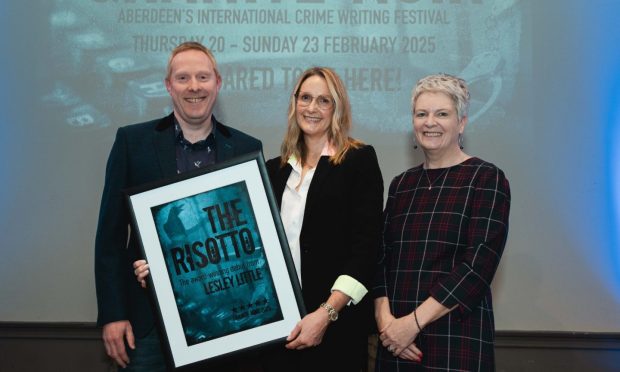
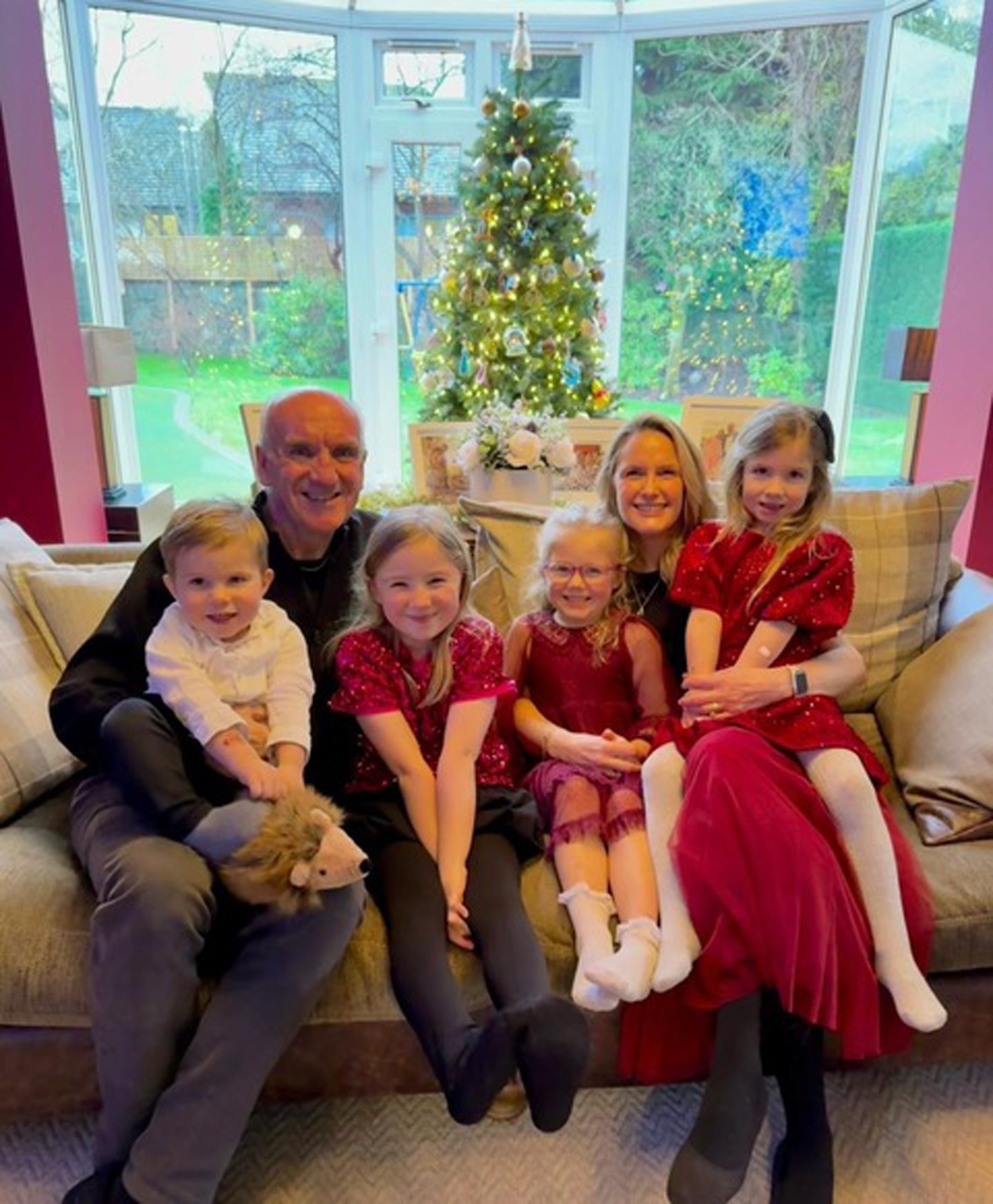
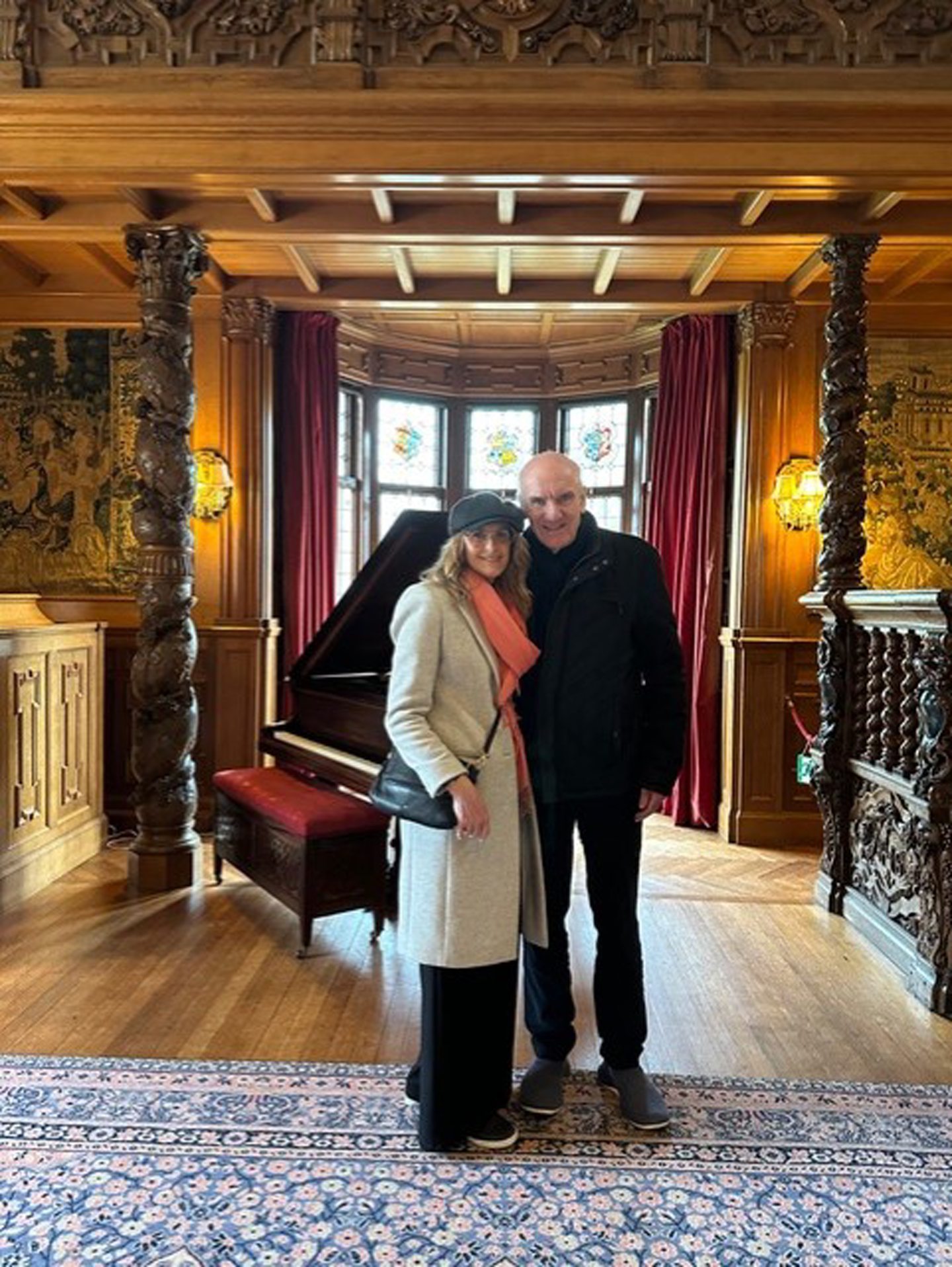
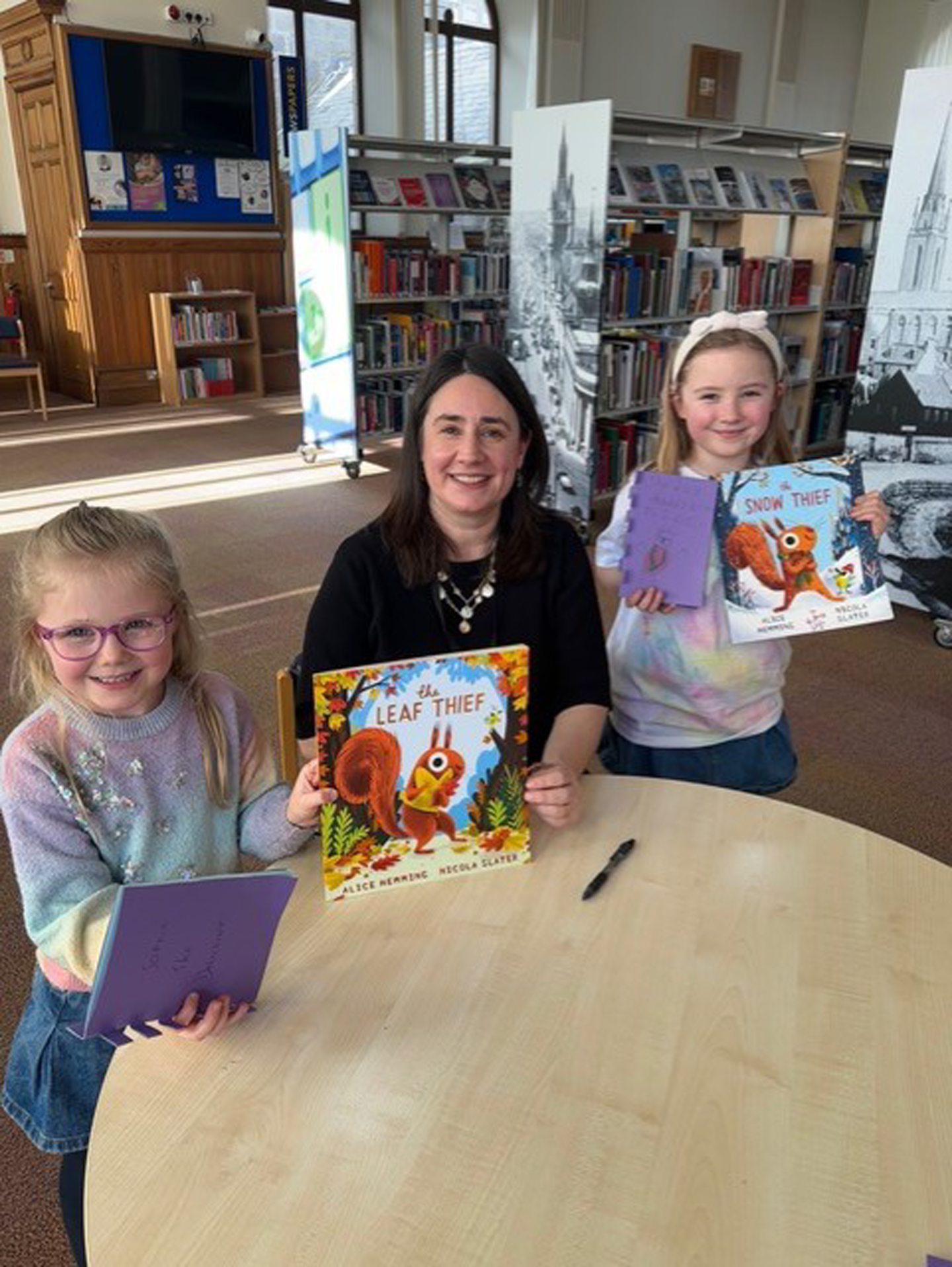
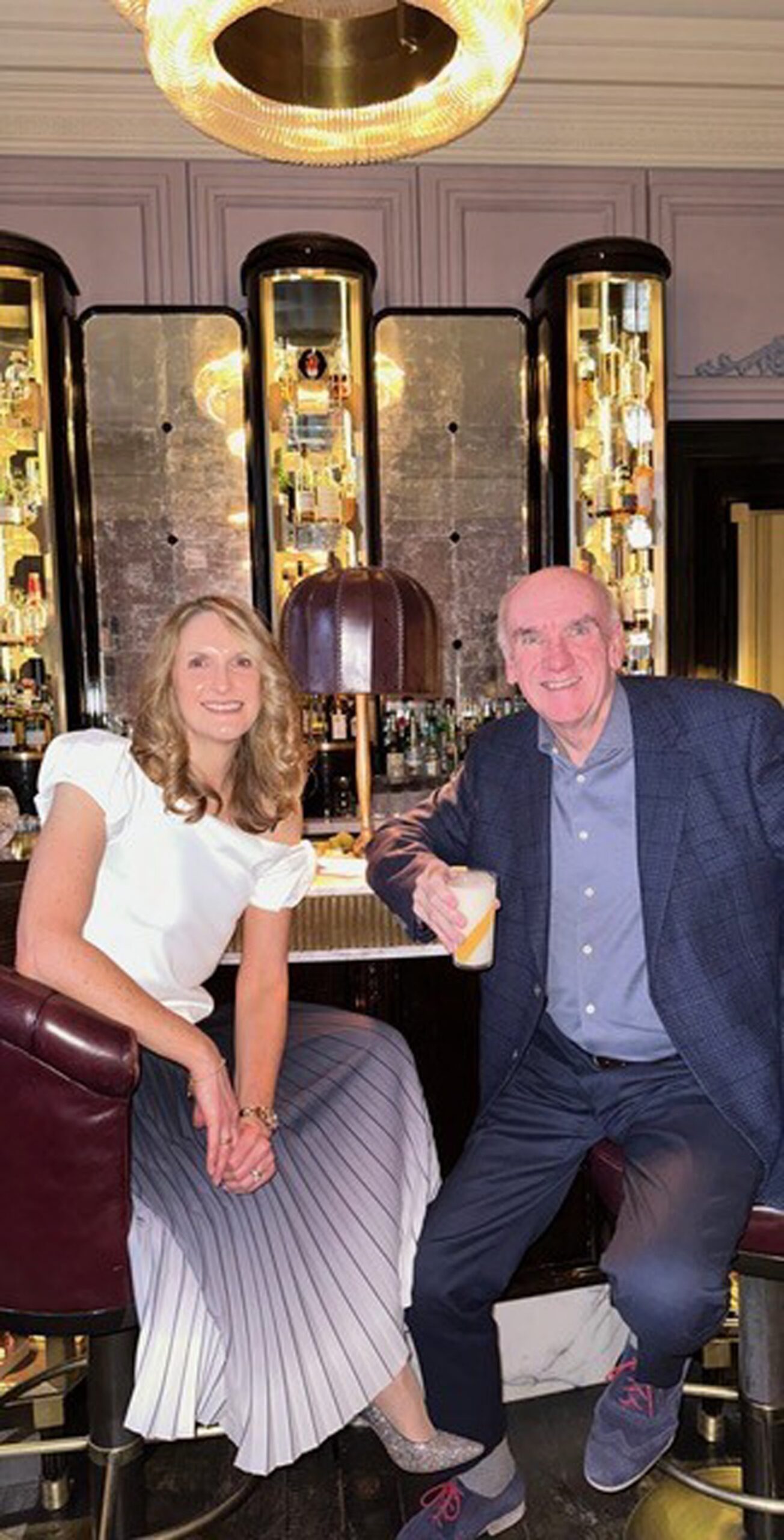
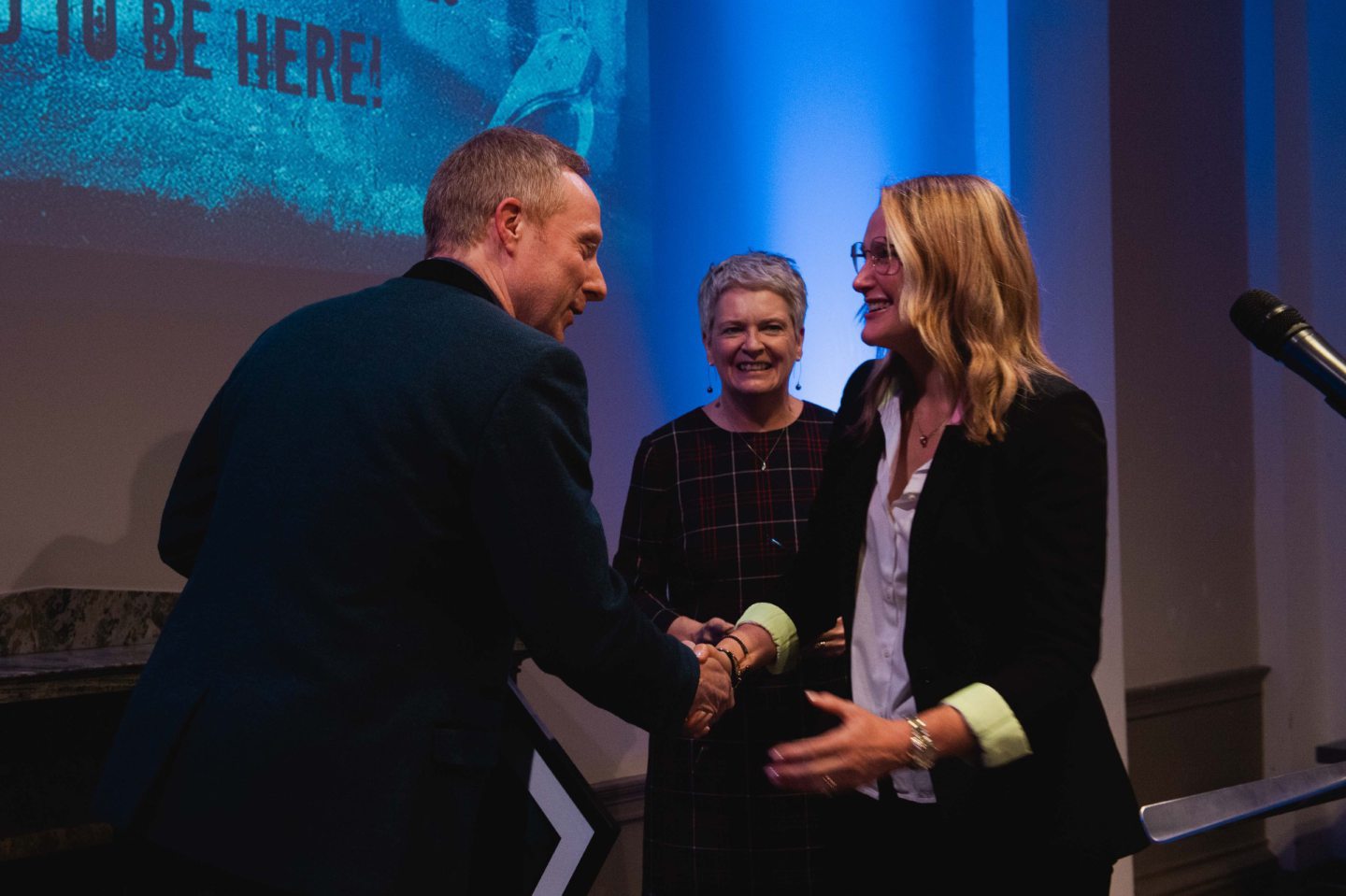
Conversation